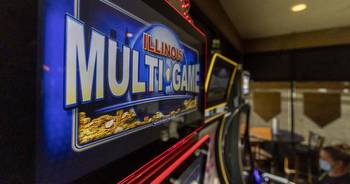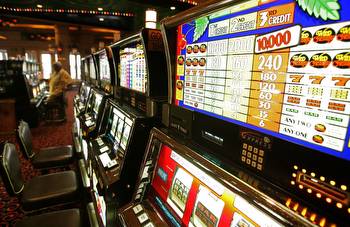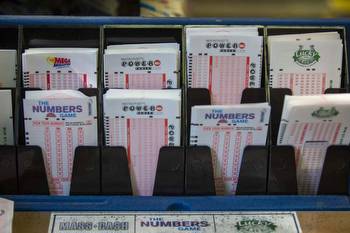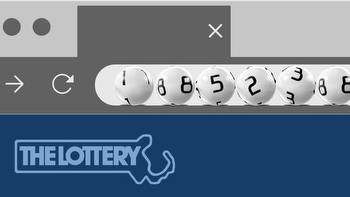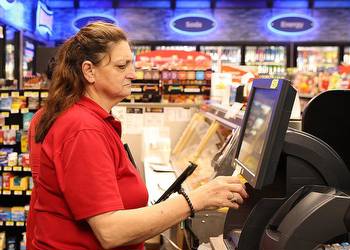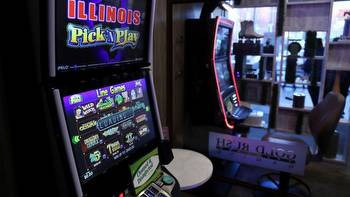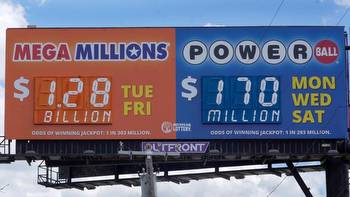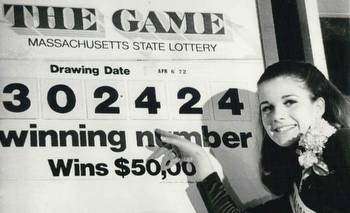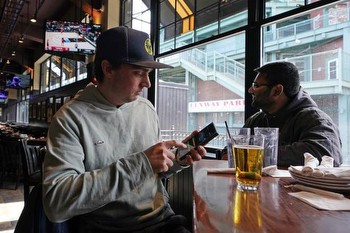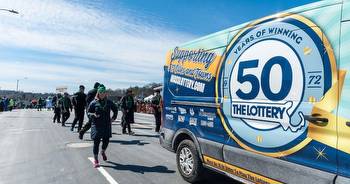Lottery overhaul must include online option
State Treasurer Deb Goldberg saw this coming, and now the chickens of legislative inaction have come home to roost.
The confluence of raging inflation and impending availability of online sports betting has taken a bite out of lottery sales in this state and around the country.
Massachusetts Lottery sales in August decreased by $35.9 million, 6.4%, compared to August 2021, Interim Executive Director Mark William Bracken recently told the Lottery Commission.
Every product except one — Megabucks Doubler, which had a historically high jackpot — ended in the red for the month. Through the first two months of fiscal 2023, Lottery sales tumbled by $20.3 million, or 1.8%.
Given these disturbing trends, Lottery officials are weighing changes to “adjust to the current market structure,” Bracken told the State House News Service.
To that end, Bracken indicated the Lottery is running focus groups around changes to the in-state draw games, the possibility of adding new monitor games, and launching a “wheel of luck” in January.
He said the Lottery’s meeting in October, which will come after a full quarter of fiscal 2023, will feature a more in-depth “look at where inside each product line, especially the instant tickets, our sales are decreasing.”
The Lottery’s “concerning” financial results coincide with the state’s imminent rollout of legalized sports betting.
It’s been three years since Goldberg first declared that “if sports betting is available online, the Lottery must be available online also.” But while sports betting legislation got to the governor’s desk before formal sessions ended Aug. 1, Goldberg’s long-requested authorization for online Lottery sales remains on hold.
That’s because House and Senate Democrats still haven’t decided how to proceed with their long-stalled economic development bill.
“There are a couple options here: that we had a great 50-year run and that this is all the expectations that there are on the part of those who make these decisions, or we can continue to have … an operation whose mission is getting resources back to all the local communities,” Goldberg said Tuesday. “And that decision lies with the Legislature and leadership.”
It should be obvious to everyone, even myopic state lawmakers, that the Massachusetts Lottery has grown too big to let fail. That, especially for the commonwealth’s 351 communities, would be a catastrophic development.
Goldberg pointed out in stark detail why every effort to ensure the Lottery’s viability – including online options – must be made.
“Lawmakers project that sports wagering will generate $60 million in state revenue annually. Only $16.5 million, which is 27.5%, will be earmarked for unrestricted local aid. By contrast, the Lottery produced approximately $1.1 billion this past year for our cities and towns,” Goldberg told the Gaming Commission earlier this month.
Hoping to avoid a major decline in Lottery profits — and a corresponding drop in local aid — Goldberg went to the Gaming Commission earlier this month to ask that they require sports betting applicants to present “a plan that can mitigate impacts on the Lottery” and that licensees partner with the Lottery on in- person and online cross-promotion efforts, similar to what is required of casinos and the state’s slots parlor.
Given the current economic climate, even the addition of digital Lottery sales won’t solve the ongoing decline in revenue.
Bracken indicated that states with an Internet lottery component still have seen lagging sales, but not to the degree of states without an online presence.
But that doesn’t diminish the need to give the Lottery everything it needs to remain the money-making machine it has become.
It’s time for the Legislature to get over the governor’s end-around of a revenue surplus payback to state taxpayers, and recast an economic development bill that includes online Lottery sales.
The state’s driving force of unrestricted local aid shouldn’t be taking a back seat to any other gaming option.








